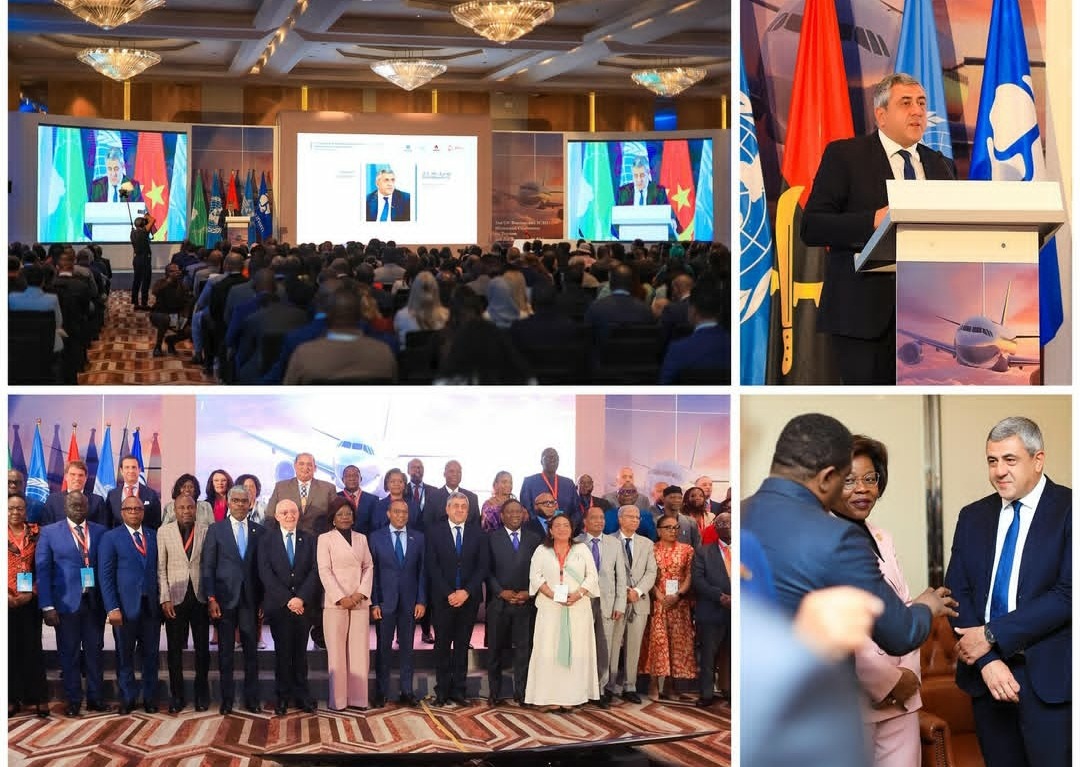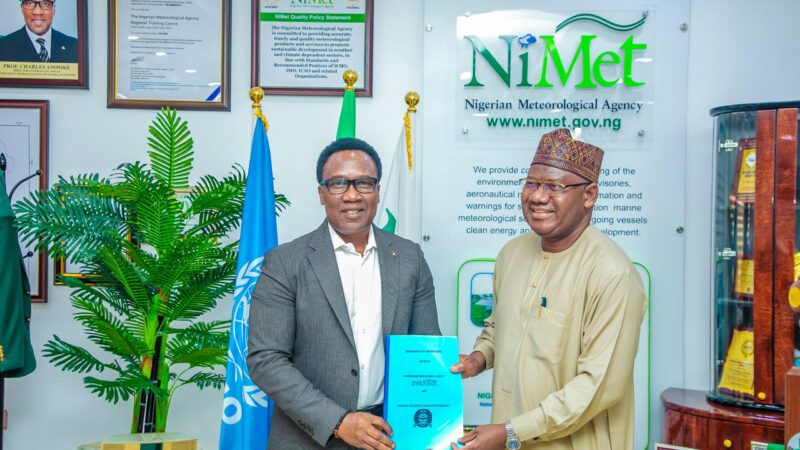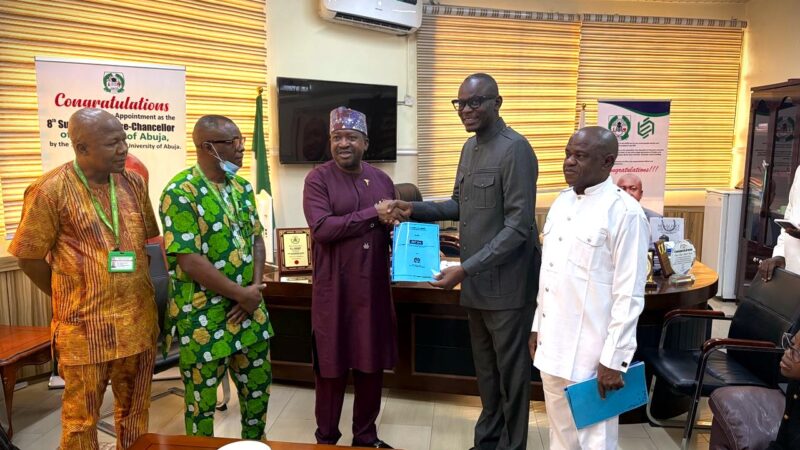Africa Charts New Path for Tourism, Aviation Growth as UN Tourism–ICAO Ministerial Conference Concludes in Luanda

The Second UN Tourism and ICAO Ministerial Conference on Tourism and Air Transport in Africa has closed with a resounding call for deeper partnerships, policy reforms, and investment to unlock the continent’s immense potential in two of its fastest-growing sectors – tourism and aviation.
Jointly organised by the International Civil Aviation Organization (ICAO), UN Tourism, and the Government of Angola, the high-level gathering drew more than 300 delegates from across the globe under the theme “Accelerating Synergies for Resilient and Sustainable Growth.” For three days, ministers, industry leaders, and technical experts deliberated on ways to align tourism and air transport policies, seen as critical drivers of job creation, regional integration, and sustainable development.
Tourism and Aviation Must Grow Hand in Hand
In his remarks, ICAO Council President, Salvatore Sciacchitano, underscored the need for collaboration between the two sectors.
“Tourism and aviation must grow hand in hand. Through shared vision and policy coherence, we can drive sustainable development and prosperity, enhance safety and security, and ensure no country is left behind,” he stated.
Angola, the host nation, used the platform to highlight its growing role as a regional hub for tourism and air connectivity. H.E. Daniel Marcio, Minister of Tourism, said the event reflected Angola’s ambition to position tourism as a key pillar of inclusive national development.
“Tourism is a key pillar of our national strategy for inclusive development, job creation, and cultural promotion,” he declared.
Echoing this, H.E. Ricardo de Abreu, Minister of Transport, stressed that modern infrastructure and regulatory reforms were central to the continent’s economic growth.
“We must build air transport systems that are not only modern and efficient but also accessible and responsive to the needs of our people. Connectivity within Africa is essential to realising the continent’s economic potential,” he said.
UN Tourism Secretary-General, Zurab Pololikashvili, called for bold reforms to remove long-standing barriers that hinder Africa’s competitiveness.
“Tourism and air transport are not just engines of growth, they are pathways to empowerment, opportunity, and transformation. Through strategic leadership and innovation, Africa’s potential can become its reality,” he urged.
Connectivity, Policy Reform and Investment
Central to discussions was the need to advance intra-African connectivity through open skies agreements, visa liberalisation, and infrastructure expansion.
Delegates agreed that simplifying visa processes, promoting joint destination marketing, and reducing travel barriers are key to stimulating intra-African tourism.
Technical workshops explored how artificial intelligence and digital platforms can enhance efficiency in service delivery, while frameworks such as the African Continental Free Trade Area (AfCFTA) and the Single African Air Transport Market (SAATM) were highlighted as catalysts for harmonised policy alignment.
Ministerial Commitments: The Luanda Statement
The conference culminated in the formal adoption of the Luanda Ministerial Statement, a landmark declaration outlining Africa’s collective commitments to building a seamless and sustainable travel ecosystem. Ministers pledged to:
Modernise aviation and tourism infrastructure through public and private investment.
Deepen institutional partnerships with ICAO, UN Tourism, IATA, AFRAA, AFCAC, and others.
Reform visa regimes with simplified, affordable, and longer-validity entry options.
Boost intra-African travel and tourism as a strategy to enhance connectivity and market liberalisation.
Empower women and youth through skills training, education, and entrepreneurship opportunities in tourism and aviation.
The conference comes at a time of remarkable momentum for Africa’s travel industry. In 2024, the continent welcomed 74 million international tourist arrivals – a 7 per cent rise over 2019 and 12 per cent more than in 2023. Passenger air traffic also surged, with Revenue Passenger-Kilometres increasing by 36.6 per cent, far surpassing the global average.
These figures reflect renewed international confidence in Africa as both a tourism destination and a fast-emerging aviation market.
With the commitments adopted in Luanda, stakeholders are optimistic that the continent is well on course to building a resilient, sustainable, and integrated future for its tourism and air transport sectors.







